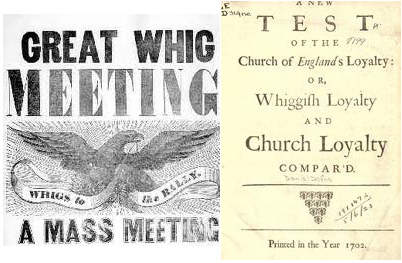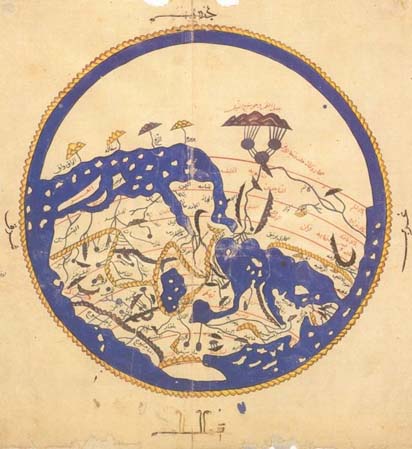
[One of my favorite works on the philosophy of history is Herbert Butterfield’s prescient 1931 The Whig Interpretation of History. While most people today probably have no clue what a “Whig” is, his reflections on how we look at and write about history are as relevant today as when he wrote them eight decades ago. The whole text is available online, but I provide some excerpts from the Introduction here to whet your appetite.]
1. INTRODUCTION
It has been said that the historian is the avenger, and that standing as a judge between the parties and rivalries and causes of bygone generations he can lift up the fallen and beat down the proud, and by his exposures and his verdicts, his satire and his moral indignation, can punish unrighteousness, avenge the injured or reward the innocent. One may be forgiven for not being too happy about any division of mankind into good and evil, progressive and reactionary, black and white; and it is not clear that moral indignation is not a dispersion of one’s energies to the great confusion of one’s judgement. There can be no complaint against the historian who personally and privately has his preferences and antipathies, and who as a human being merely has a fancy to take part in the game that he is describing; it is pleasant to see him give way to his prejudices and take them emotionally, so that they splash into colour as he writes; provided that when he steps in this way into the arena he recognizes that he is stepping into a world of partial judgements and purely personal appreciations and does not imagine that he is speaking ex cathedra. But if the historian can rear himself up like a god and judge, or stand as the official avenger of the crimes of the past, then one can require that he shall be still more godlike and regard himself rather as the reconciler than as the avenger; taking it that his aim is to achieve the understanding of the men and parties and causes of the past, and that in this understanding, if it can be complete, all things will ultimately be reconciled. It seems to be assumed that in history we can have something more than the private points of view of particular historian; that there are “verdicts of history” and that history itself, considered impersonally, has something to say to men. Continue reading Are you Whiggish?






